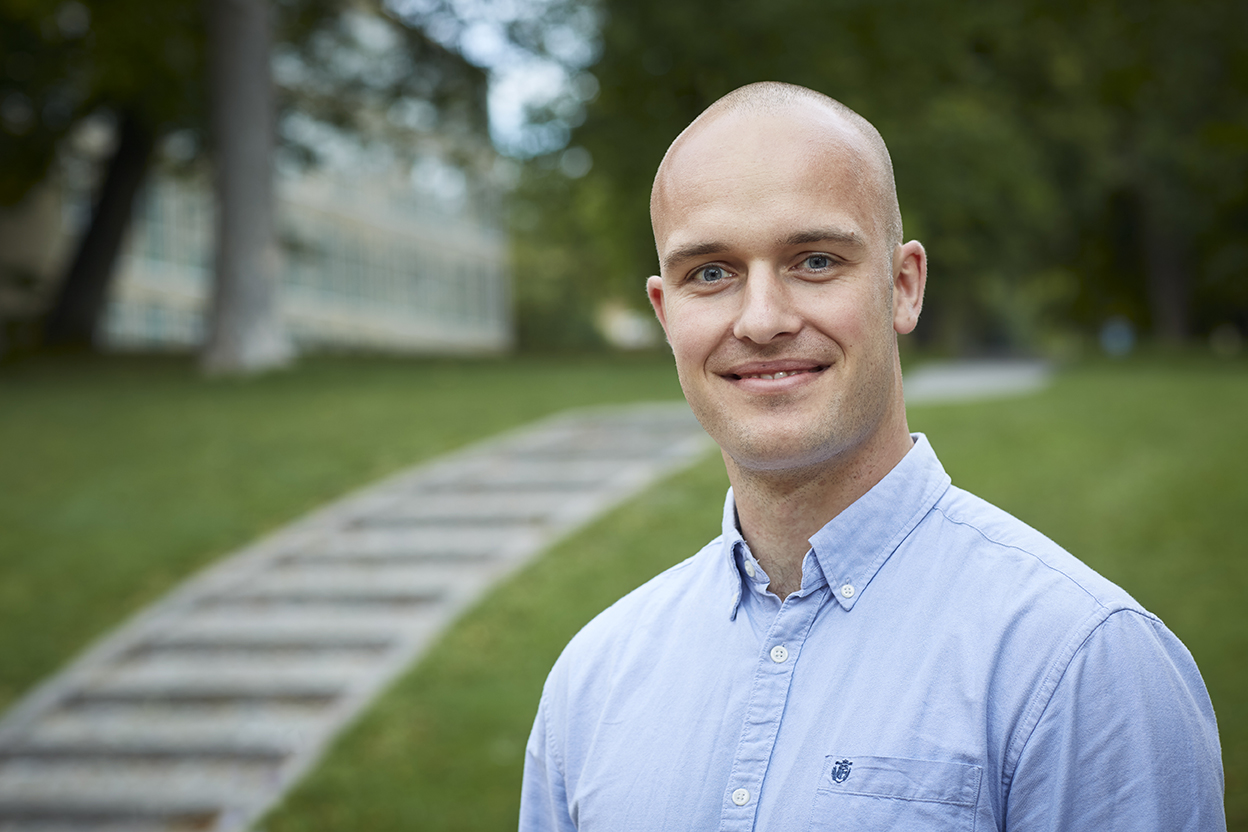AIAS Fellow Christian Damsgaard receives Lundbeck Foundation Experiment grant
AIAS Fellow Christian Damsgaard has received a DKK 1.998.986 Lundbeck Foundation Experiment grant for his project 'Oxygen delivery to neural tissue without blood vessels'. In his research project he will study how birds and some mammals can provide enough oxygen for the retina in the eye without the small blood vessels that are vital for oxygen delivery in all other tissues.

How can animals provide enough oxygen for the retina in the eyes without the small blood vessels – capillaries – that are vital for oxygen delivery in all other tissues? This is a fundamental biological question with significant potential to improve the oxygenation of the nervous tissue in patients. The retina in the eyes contains the photoreceptors that sense the incoming light, but blood vessels in the retina will scatter the light and blur vision. Thus, animals have evolved efficient and alternative mechanisms to provide the retina with its high demand for oxygen to support the high rate of metabolism.
AIAS Fellow Christian Damsgaard wish to study the retina in birds and a specialized group of rodents that lack internal capillaries, and where oxygen must diffuse 10-100 times longer distances than within the human brain: "To understand and describe the unknown mechanisms that enable this impressive feat, I combine an integrative and evolutionary approach: Firstly, I will measure the oxygen profile through the retina to reveal how oxygen diffuses through the retina in vivo. Next, to uncover the underlying molecular mechanisms, I will run spatial transcriptomics on the retina to identify the expression of relevant genes coding for metabolic processes within the retina. Finally, by analyzing the two evolutionary distant groups (birds and rodents), I can use evolutionary modeling to pinpoint which of the identified mechanisms led to the most significant increase in oxygen diffusion distance within each group." The findings can potentially reveal fundamentally different ways to treat humans with impaired blood flow to the brain.
The two-year project will begin on 1 January 2021.
Contact
Christian Damsgaard, Assistant Professor, AIAS Fellow
christian.damsgaard@aias.au.dk
Aarhus Institute of Advanced Studies, AIAS
Aarhus University
Høegh-Guldbergs Gade 6B
DK-8000 Aarhus C
